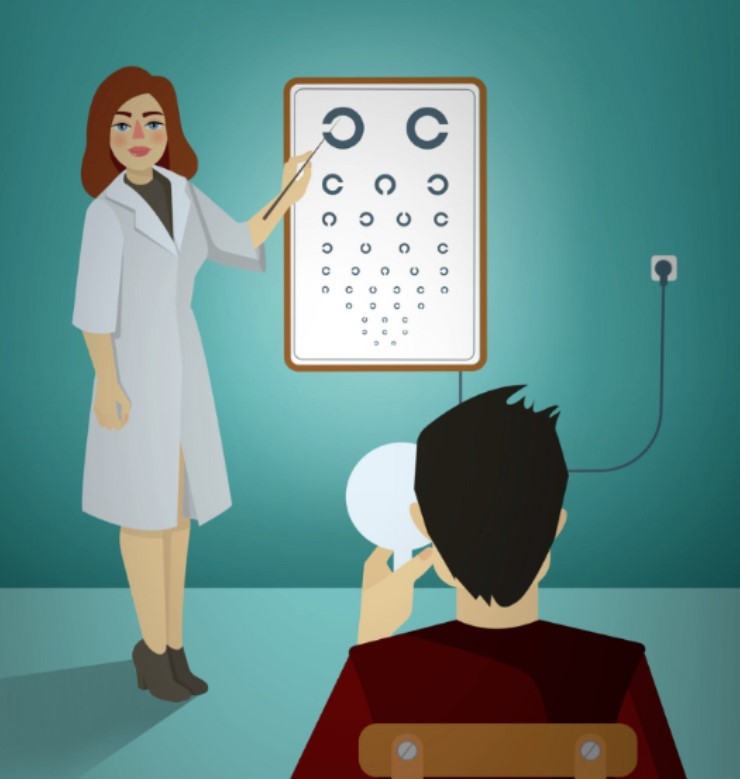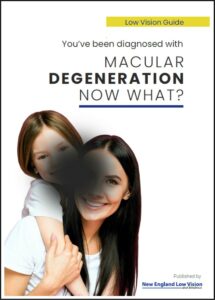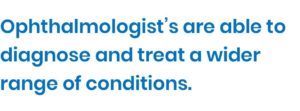Diagnosed with Macular Degeneration… Now What (1 of 12) – Ophthalmologist


Go to this link to order your printed copy of our Low Vision Guide – https://nelowvision.com/product/macular-degeneration-now-what/
So, you have been diagnosed with Macular Degeneration, now what? Many, when being told they have Macular Degeneration, inaccurately hear, “I’m going blind”, and that can feel like your whole world is collapsing.
It is extremely rare to go completely blind from Macular Degeneration, whether you have either the wet or dry type. If someone tells you that nothing more can be done, that can be very depressing and is often not completely correct. What matters is a better understanding of how to navigate the landscape of the professionals who can assist you with adapting to a world of vision loss.
By the way…. congratulations, you have now become a carpenter! Yes, a carpenter…meaning you now need to assemble a new toolbox of 12-24 new ‘vision-loss’ tools to help you with seeing both near, intermediary and distance objects.
In this 12-part Macular Degeneration Low Vision Guide, I have outlined ideas for you or a loved one to consider when diagnosed Macular Degeneration. It is important to note that not all these action steps are required, but they should be given strong consideration.
#1: Ophthalmologist – Make an appointment with your Ophthalmologist
The first step is to schedule an appointment with your Ophthalmologist – Primary Eye Doctor. They will medically examine your eyes and recommend a form of treatment, likely treating your eye condition with surgery or injections.
Your Ophthalmologist specializes in eye and vision care, completes 12 years of education and training, and are licensed to practice medicine and surgery.
As a result of their advanced training, your Ophthalmologist is able to diagnose and treat a wider range of conditions than Optometrists and Opticians.
Your Ophthalmologist diagnoses and treats all eye diseases perform eye surgery and prescribe and fit eyeglasses and contact lenses to correct vision problems.
Because your Ophthalmologist is a medical doctor, they can sometimes recognize other health problems that aren’t directly related to the eye, referring patients to the right medical doctors for alternate treatments.
As applicable, your Ophthalmologist can also prescribe an Occupational therapist who can work alongside you to assist with low vision rehabilitation and training.
<Click here to read about step #2: Optometrist – How can a low vision Optometrist help?>
<Tell your Ophthalmologist about our life-changing resources.>
<Click here to order your printed copy of this 12-part Resource Book>
<Click here to download a PDF of the entire report.>
Scott V. Krug is the President of New England Low Vision and Blindness, a company located in New England, and specializes in bringing hope to people who are low vision or blind through technology, training, and care. Scott has been working in the field of technology and optics for people who are low vision or blind since 1992. Website: NELowVision.com.




